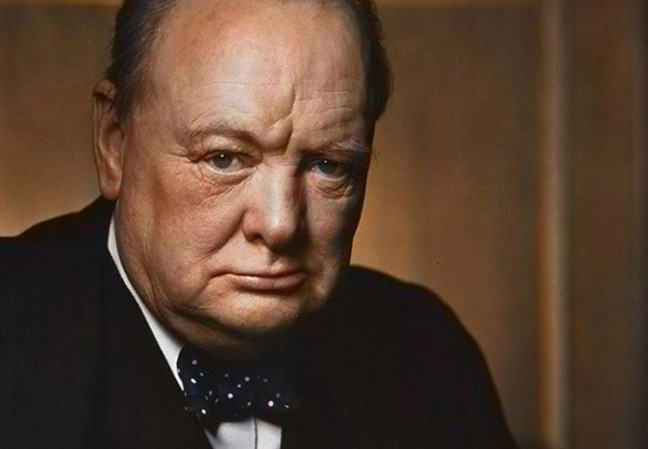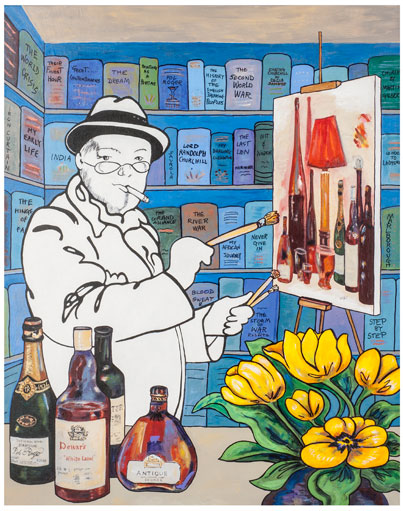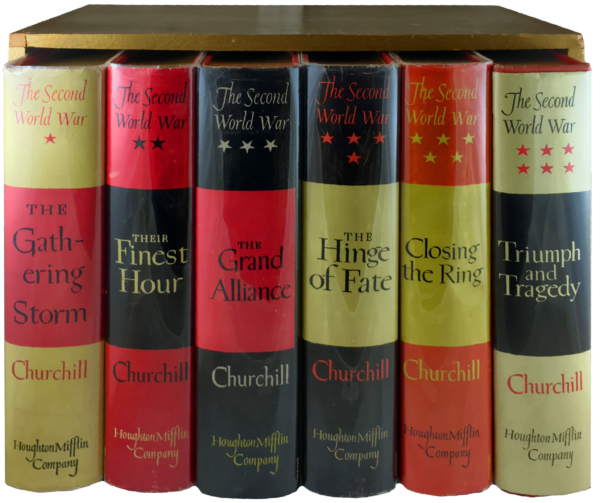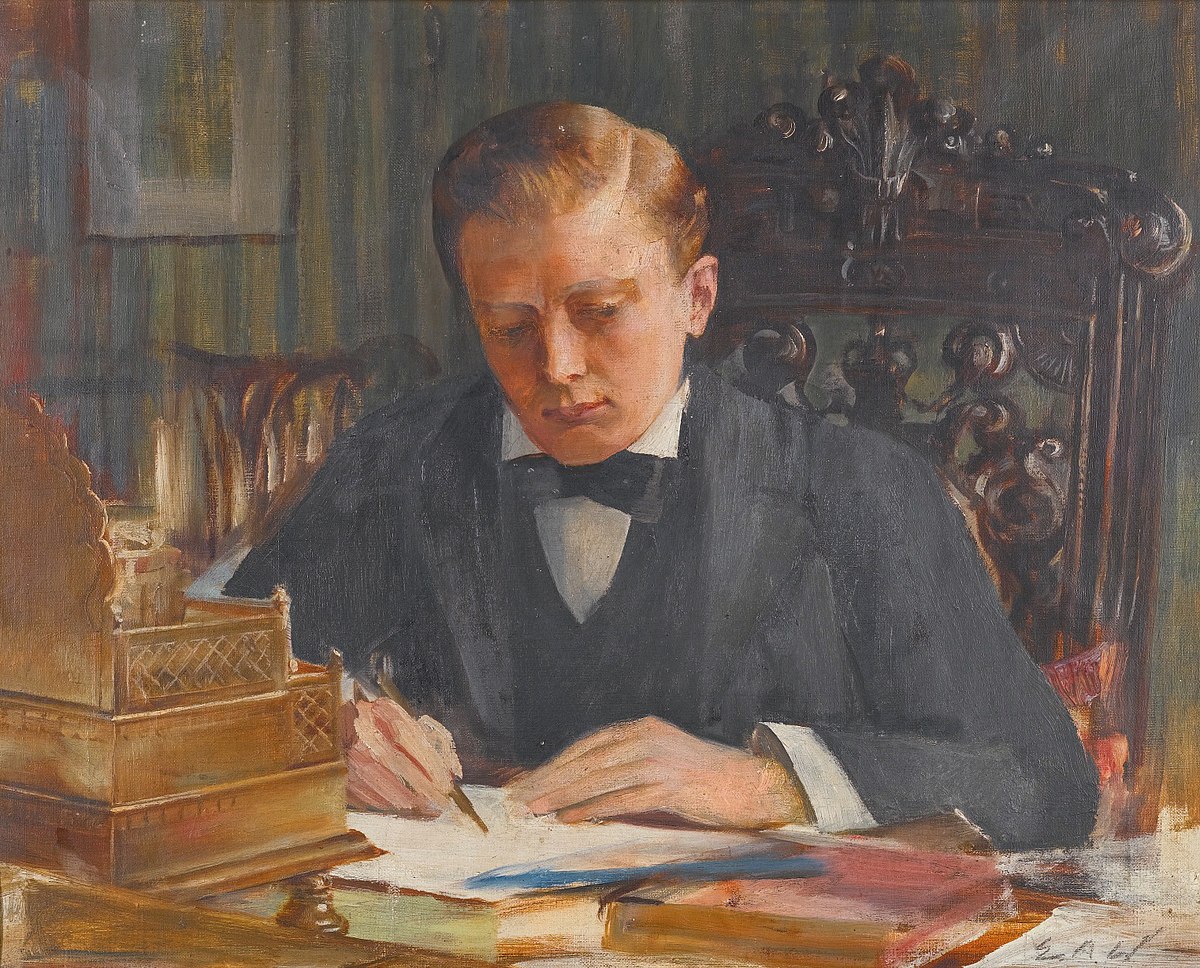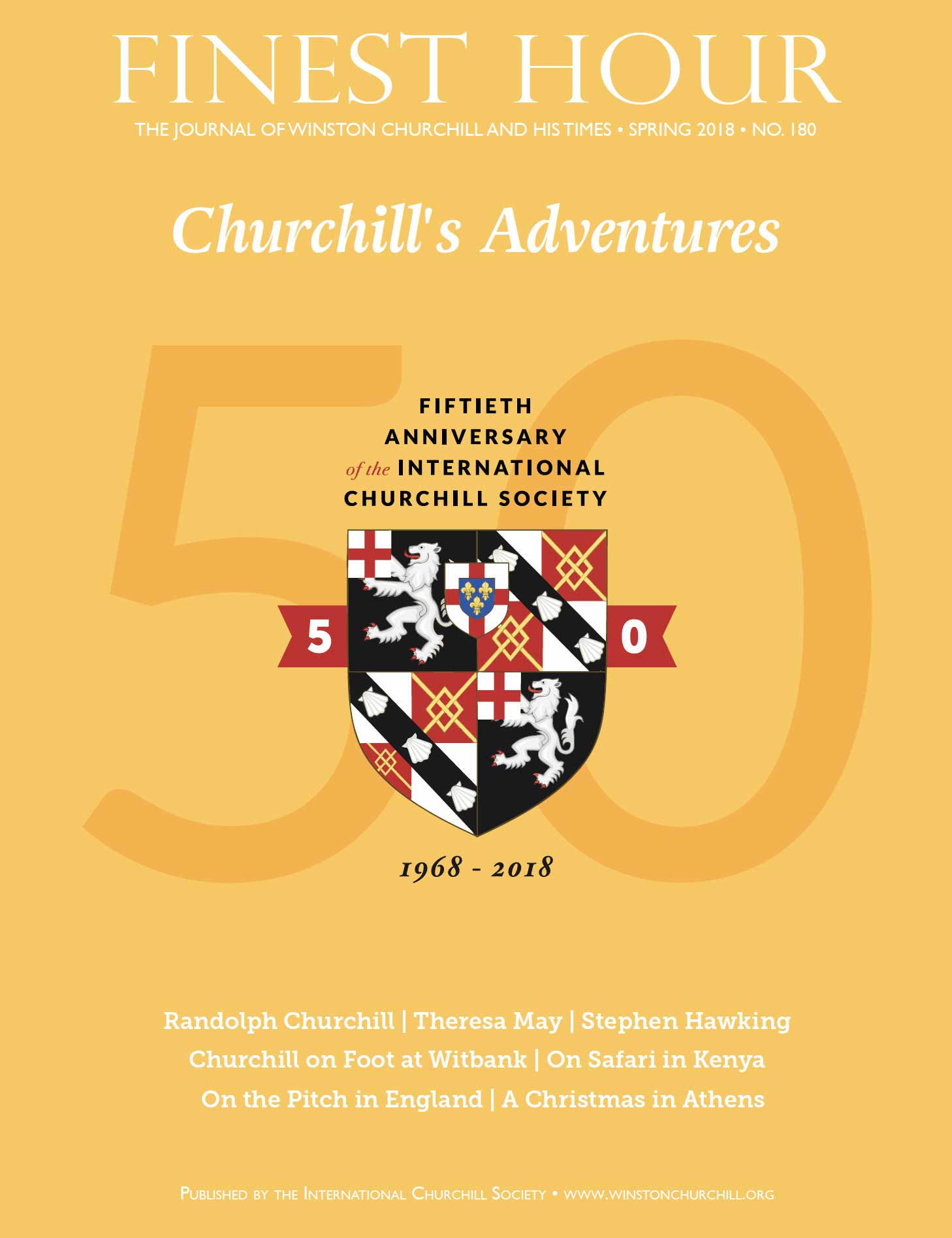2025 International Churchill Conference
Join Us in Washington, DC, October 9-11
2025 is the 80th anniversary of the end of the Second World War.
Find Out MoreWriting, Articles & Books
In his lifetime, Churchill published more than 40 books in 60 volumes.
View his writingYoung Churchillians
Working to celebrate the life and achievements of a great leader.
Young ChurchilliansPublications
In his lifetime, Churchill published more than 40 books in 60 volumes.
View PublicationsSubscribe
WANT MORE?
Get the Churchill Bulletin delivered to your inbox once a month.

